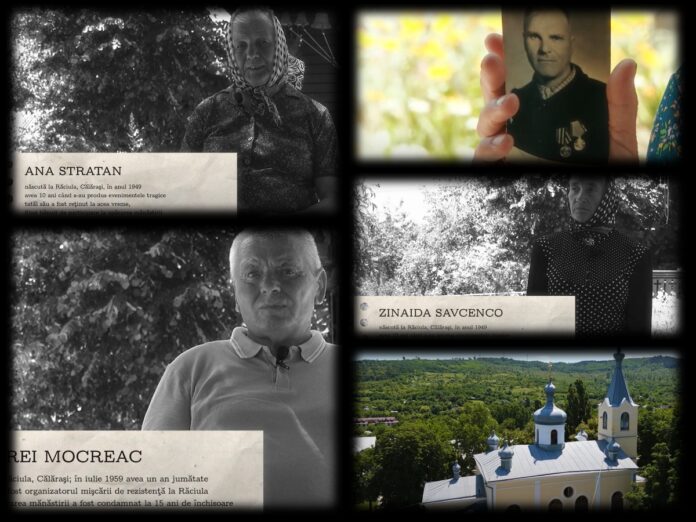Residents of Raciula, Calarasi, recall with tears how Soviet forces tried to shut down their local monastery 66 years ago. Armed with pitchforks, shovels, and stones, villagers defended the religious site for ten days.
Survivors of the 1959 events recount how some Soviet soldiers disguised themselves as priests to enter the monastery, but locals exposed them after noticing the red stripes on their military trousers.
On July 2, about 500 armed militiamen and soldiers arrived to confront the villagers. Soviet forces shot one person, seriously injured three others, and sentenced eight villagers for resisting the closure.
FOR THE MOST IMPORTANT NEWS, FOLLOW US ON TWITTER!
“He was a young policeman. Simion Davin lunged at him and stabbed him. The officer pulled out his pistol and shot him. We watched him take a few breaths. They put a candle in his hand, rang the bell, and he passed away. Then a superior came and said, ‘Take him immediately and bury him—no one must find out.’ The next day, they came and closed the church, and that was the end,” recounted Ana Stratan of Raciula.
Andrei Mocreac said his father defended the monastery and received a prison sentence. According to him, the Soviet KGB offered early release if his father renounced his faith. He refused and spent 15 years in prison camps, even reaching Siberia. Despite seeking rehabilitation later, no court granted it.
Following the monastery’s closure, Soviet authorities converted its buildings into a warehouse, a cultural center, and a gym. Schools launched anti-religious campaigns. Teachers prohibited children from wearing crosses or singing carols. They also organized Easter sports events to divert attention from religious observances. Authorities also forced villagers to work on Christian holidays.
“On Easter Day, the library stayed open. People returned from blessings, but I went to work. I sat there alone — no one came — but I stayed because they checked. They kept telling us God didn’t exist, that we shouldn’t believe. I never understood why it bothered them. But even with them, we celebrated New Year’s — and we still celebrated Christmas,” shared Parascovia Marin from Raciula.
Moldovan monasteries reopened in 1989 as the Soviet Union began to collapse. The Raciula monastery reopened to worshippers in 1990, and the summer church was re-consecrated in 1994.


